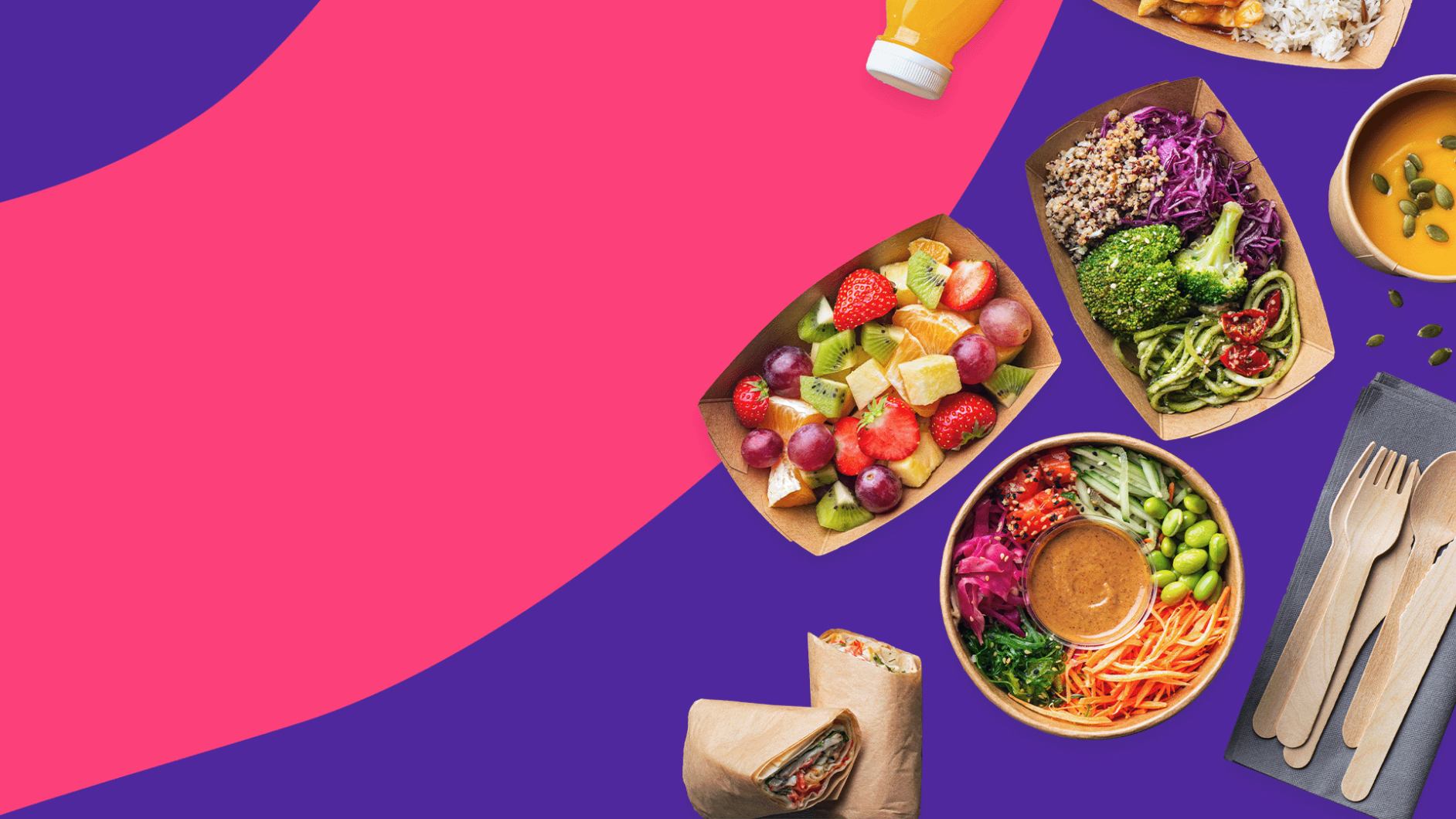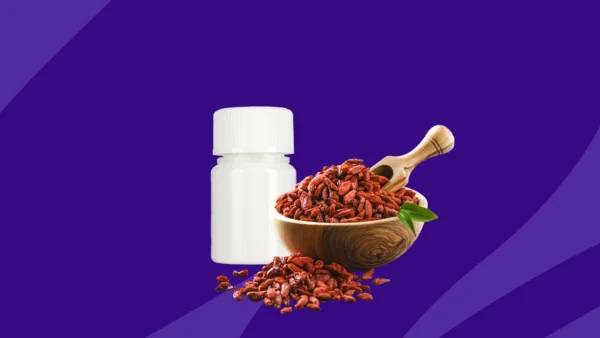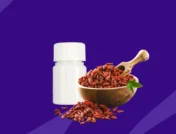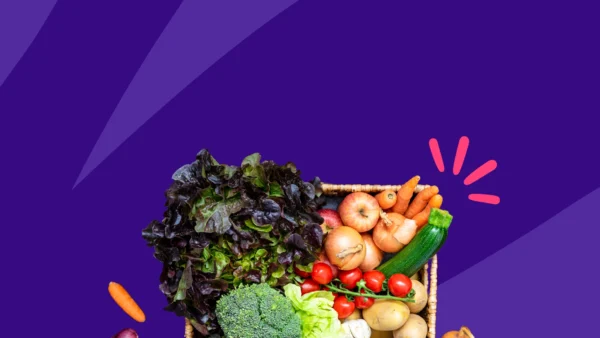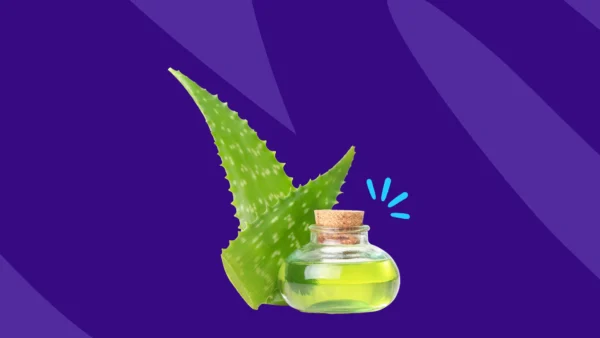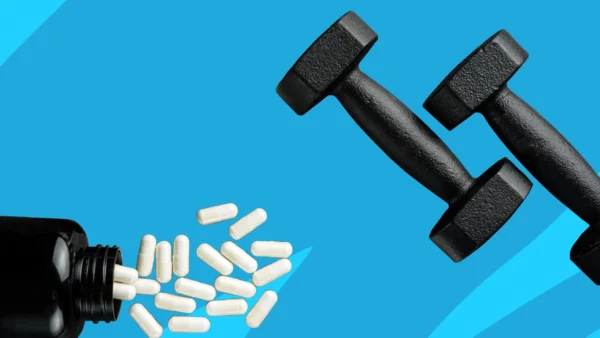Almost 30 million adults in the U.S. have chronic kidney disease (CKD), and about 661,000 of those affected have kidney failure requiring dialysis or transplantation, according to a 2019 study published in Advances in Nutrition. Interestingly, 24% of CKD cases are associated with poor diet. In this article, learn how your diet impacts kidney function and how to follow a kidney-friendly eating plan.
What is a kidney diet?
“A kidney-friendly diet reduces the risk of developing chronic kidney disease or furthering its progression. It includes foods low in sodium, potassium, and phosphorus and foods rich in antioxidants, omega-3 fatty acids, and magnesium,” says Kelsey Costa, RDN, a certified wellness coach based in Dayville, Connecticut.
In other words, for kidney health, your diet matters. “The kidneys play a vital role in filtering waste products and fluids from the blood, and a healthy diet supports this function by providing essential nutrients while reducing the workload on the kidneys,” says Raj Singh, MD, a board-certified nephrologist with Healor and an assistant professor at the University of Las Vegas School of Medicine.
A Western-style diet made up of high-fat foods, high-sugar desserts, red meat, refined grains, and high-fat dairy products, and low in fruits and vegetables plays a role in the development of many chronic diseases, including CKD. This diet produces excessive acid and makes your kidneys work harder to create a balance and prevent acidosis. Acidosis occurs when acid builds up in the blood. It may also lead to increased excretion of protein into the urine, which is one of the early signs of kidney disease.
In addition, the two common causes of kidney diseases in U.S. adults—high blood pressure and Type 2 diabetes—are also influenced by diet and lifestyle.
Some of the early warning signs of kidney disease include:
- Tiredness
- Insomnia
- Swollen feet and ankles
- Increased urination
- Bloody or foamy urine
- Poor appetite
Check with your healthcare if you have any of these symptoms occurring over a long period.
9 foods for kidney health
A good diet for kidney health includes the right kinds of protein, fats, and carbohydrates—mainly from fruit and vegetables. Here are nine foods to include in a kidney-friendly diet:
- Leafy greens: A diet emphasizing leafy greens, such as the DASH diet, is good for the kidneys because it produces less acid compared to a typical Western diet, and provides good sources of magnesium. However, if you are on dialysis, avoid the DASH diet.
- Oats: A 2021 study suggests that a fiber-rich diet lowers the progression of chronic kidney disease, and most people with CKD are often deficient in fiber. Incorporating a whole grain loaded with fiber, like oatmeal, instead of processed cereals can help. Oatmeal is also a magnesium-rich food.
- Apples: Apples are rich in antioxidants, fiber, and vitamin C. More importantly, apples are low in potassium, phosphorus, and sodium—all of which should be avoided on a kidney-friendly diet.
- Broccoli: Broccoli is a green vegetable that you should eat if you have kidney problems because it contains low amounts of nutrients you should restrict: potassium, phosphorus, and sodium.
- Blueberries: Blueberries are rich in vitamins, antioxidants, fiber, and low in calories, sodium, and phosphorus. This makes them safe and recommended when you’re diagnosed with a kidney problem or undergoing treatment for CKD.
- Low-fat dairy products: Low-fat or fat-free milk and yogurts are good sources of protein in a kidney diet (renal diet).
- Olive oil: Olive oil is rich in healthy, monounsaturated fat and it also provides antioxidant and anti-inflammatory benefits.
- Lean meat: Though a kidney-friendly diet is low in protein, you need some for muscle building and repair. Chicken and fish are good sources of protein and omega-3s for people with kidney disease. If you have high cholesterol, it is a good idea to remove all visible fat and skin from meat before consumption.
- Egg whites: Egg whites are a good low-fat source of protein to include in your diet.
4 foods to avoid with kidney disease
A kidney diet aims to reduce foods that put stress on the kidneys, including sodium, phosphorus, purine, and alcohol. The following are foods to avoid with kidney disease:
- Salty foods: You should follow a low- or no-sodium diet if you have kidney disease. Avoid bacon, canned foods, frozen vegetables with sauce, and instant soups.
- Phosphorus-rich foods: Limit or avoid foods that are high in phosphorus if you have CKD. These include beer, chocolate milk, dark cola, canned iced tea, pizza, bacon, sausage, and beef liver.
- Alcohol: Limit your alcohol intake. According to the National Kidney Foundation, regular heavy drinking doubles the risk of chronic kidney disease.
- Purine-rich foods: Dr. Singh recommends avoiding foods that contain a lot of purine, such as red meat, shellfish, and organ meats. These produce high amounts of uric acid, which accumulates in the kidneys and causes inflammation, kidney stones, and other complications.
Diet tips for kidney health
The general principles for a kidney-friendly diet include:
1. Monitor your protein consumption
Your protein needs will change based on the stage of your kidney disease. Eating too much protein can put stress on your kidneys, as they might not filter wasted protein as effectively.
The National Kidney Foundation of Hawaii recommends 0.8 grams of protein per kilogram of body weight for CKD stages 1 and 2 (early-stage kidney disease). For CKD stages 3-5 (late-stage kidney disease), 0.55-0.60 grams of protein per kilogram are needed. If you are on dialysis, the National Institute of Diabetes and Digestive and Kidney Diseases (NIDDK) notes that you may need to increase intake because the dialysis process causes protein loss.
A dietitian specializing in kidney disease, also known as a renal dietitian, can help you determine the right amount of protein depending on the stage of kidney disease, your weight, the amount of protein excreted in the urine, and your nutritional status.
2. Reduce sodium intake
Sodium is a mineral found in salt, and in terms of diet, the two terms are used interchangeably. It is present in a lot of canned foods, fast foods, condiments, meats, and seasonings. “One key aspect of a kidney-friendly diet is reducing salt intake, as high levels of salt can lead to elevated blood pressure,” Dr. Singh says. “When blood pressure is continuously high, it can damage blood vessels in the kidneys (impairs their ability to filter waste products) and lead to a decrease in kidney function. By reducing salt intake, individuals can protect their kidneys and reduce the risk of developing kidney disease.”
Salt sensitivity increases with the progression of kidney disease, notes a 2010 study. “Salt-sensitive individuals are less able to eliminate salt, which may cause fluid retention and an increase in blood volume and blood pressure,” Dr. Singh explains.
You can follow a low-sodium diet by cooking food from scratch, eating fresh foods, choosing unprocessed meats, rinsing canned foods, checking nutrition labels, and using salt-free seasonings, condiments, and spices.
3. Consume the right type of fat
As a general rule, you should avoid eating too much fat. “A high-fat diet can lead to oxidative stress and conditions such as heart disease and stroke—which can negatively affect kidney health,” says Dr. Singh. “High-fat diets increase calcium and uric acid in the urine, which contributes to the formation of kidney stones.”
However, the type of fat you consume matters. Avoid saturated and trans fats found in butter, fatty meats, and fried foods. They increase blood cholesterol, which blocks blood vessels. Instead, opt for healthy fats and fatty acids—the monounsaturated and polyunsaturated fats found in olive oil, peanut oil, canola oil, salmon, and oatmeal.
4. Talk to your provider about phosphorous and potassium
Potassium and phosphorus are important minerals. Potassium keeps the heart, nerves, and muscles functioning and regulates body fluid balance. Phosphorus helps in the formation of bones and teeth. Healthy kidneys filter out phosphorus and potassium into the urine.
When the kidneys are not working properly, potassium and phosphorus accumulate in your blood and may affect kidney health. People with moderate to severe kidney disease are recommended to consume less than 3000 mg of potassium and 800 mg of phosphorus per day. How much of each you should eat depends on your stage of kidney disease, which correlates with your phosphate and potassium levels.
5. Choose complex carbs
High blood sugar is linked to kidney disease. It may destroy kidney filters, nerves, and blood vessels. Eventually, these cause waste products to build up in the blood, according to the National Kidney Foundation. You don’t have to eliminate carbohydrates from your diet completely. However, you should make swaps like choosing fruit over fruit juice and whole grains instead of refined pasta and bread.
6. Watch your water intake
The general rule of thumb is to drink eight glasses of water daily. But, for someone who has kidney disease, you need to be “water-wise.” If you are diagnosed with CKD stage 1 or 2, 64 ounces (or eight glasses) of water daily is okay to keep you hydrated. But, at CKD stages 3-5, it’s important to limit the amount of water consumed. People on dialysis are recommended to keep fluid intake within 32 ounces (or four glasses) of water per day, notes the American Kidney Fund. You should discuss this with a renal dietitian and nephrologist, as the recommendation varies individually. If you notice signs of water retention, such as swelling in your feet and ankles and difficulty breathing—inform your healthcare provider right away.
7. Keep track of laboratory reports
In your journey to healthy eating, you must track your performance. Regular blood testing is one method that your healthcare provider uses to assess your well-being and evaluate how well your kidney is working. Take note of your lab results, and work with your provider and dietitian to make healthy food choices based on the findings
Supplements for kidney health
Following a kidney diet may cause nutrient deficiencies as you eliminate certain foods. Plus, dialysis and medications for CKD often cause loss of essential vitamins and minerals. As such, your healthcare provider may recommend certain supplements including:
- Vitamin B6
- Vitamin B12
- Folic acid
- Iron
- Thiamine
- Riboflavin
- Vitamin C
- Vitamin D
- Calcium
These should be taken as part of a healthy lifestyle that protects your kidneys from further damage. Follow the dietary guidelines provided by your healthcare team, and take the medications prescribed by your healthcare provider.



